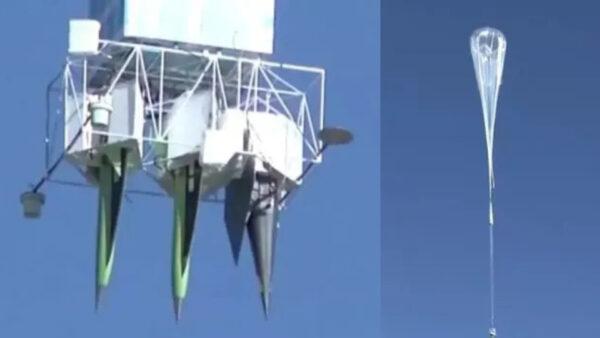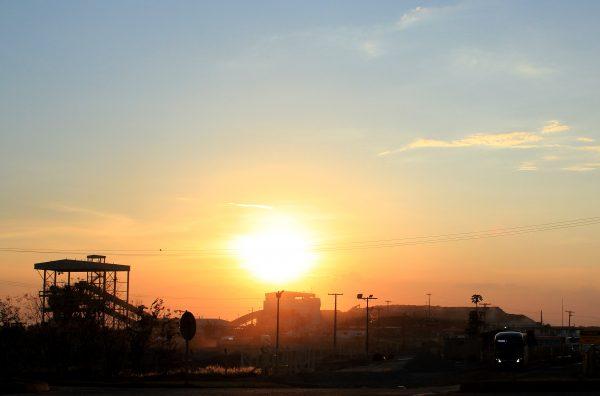Le mar., mars 12 2024 à 1:55 p.m., Zac Biampa<zac.biampa@yahoo.fr> a écrit :Triple i,Ngo:"Umugabo ahinduka ku buriri , ntahinduka kw'ijambo". Si n'Inyenzi mutagira urubavu donc aho mufatwa!
Dynamo y'Uburundi iravuye mw'ihiganwa rya BAL ku kwanka kwambara 'Visit...
Dynamo bari bamenyesheje ko no mu rukino rw'uyu munsi bataja kwambara 'Visit Rwanda' buca buba ubwa kabiri batsi...
US Should Persuade Brazil to Join Minerals Alliance to Secure Key Metal for Hypersonic Missiles: Researchers
The Pentagon warned Congress last year that China already "has the world's leading hypersonic arsenal."

The United States needs to fortify its supply chain of niobium, a key metal in the production of hypersonic missiles, as China aims for technological and military preeminence, according to experts from Washington-based think tanks the Atlantic Council and the Center for Strategic and International Studies (CSIS).
"China's hypersonic resolve has been remarkable," the four researchers wrote. "By 2018, it had conducted over 20 times as many tests as the United States. According to the Pentagon, the United States is still lagging. This hypersonic prowess, combined with China's stranglehold on niobium, places the United States in a perilous position."
Niobium Alloys
A niobium alloy known as C-103—which is a mixture of about 89 percent niobium, 10 percent hafnium, and about 1 percent titanium—has been used in the aerospace industry, as the alloy can withstand high stresses at extremely high temperatures.
In 2023, the United States imported 9,400 tons of niobium, with Brazil accounting for 66 percent of the import and Canada 26 percent, according to USGS. The agency also noted that Brazil, with the world's largest niobium reserves, exported 50,556 tons of niobium from January to August 2023, most of which went to China, followed by the Netherlands and Singapore.
The researchers noted that U.S. reliance on Brazil and Canada "exposes the United States to considerable national security and economic vulnerabilities."
Meanwhile, China has made inroads into Brazil's niobium market. According to the researchers, five Chinese companies acquired a 15 percent stake in Brazilian niobium producer CBMM in 2011, and another Chinese company secured ownership of niobium mines in 2016. By 2020, Chinese entities had control of about 26 percent of Brazil's niobium production, the researchers added.

"China's influence over Brazil's niobium production conforms to a pattern of growing ownership and sway over the regional mining industry, a trend with substantial environmental, political, and security implications," the researchers wrote.
"Such tactics could force nations into making diplomatic compromises, ceding trade advantages, or grappling with economic dilemmas, thereby solidifying China's geopolitical standing."
If Brazil decides to join the MSP, it could be "instrumental in mitigating China's dominant influence in the niobium market," according to the researchers.
Recommendation
The researchers also offered other recommendations. They said the Elk Creek project in Nebraska "represents a commendable step toward addressing this vulnerability domestically."Canada, which has the world's second-largest niobium reserves after Brazil, is an "ideal partner" for the United States, the researchers said, as the neighbors could facilitate joint ventures in niobium exploration and development.

